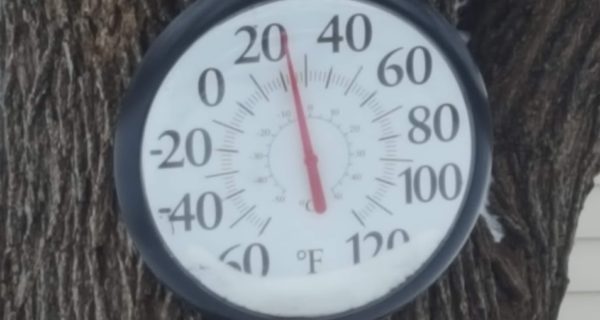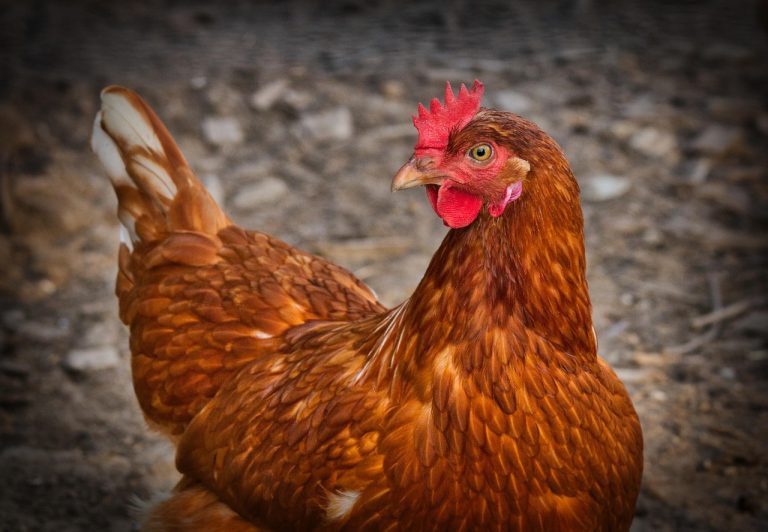Ames, Iowa — An international organization is now classifying the migratory North American monarch butterfly as endangered, and efforts underway in Iowa will aid the helpful insect if more people get onboard.
Laura Iles, director of the Plant and Insect Diagnostic Clinic at Iowa State University, says the monarchs’ status change should bring more awareness.
Last week, the International Union for Conservation of Nature issued a report showing monarch populations have fallen up to 72 percent and are at risk of extinction. The US Fish and Wildlife Service has not listed the monarch as an endangered or threatened species in the United States, but they will revisit that status in 2024. She says that Iowans are aware of the monarchs’ plight, and many are taking action by keeping pollinators in mind when planting their gardens and plotting out landscapes.
She says growing plants for insects is an amazing way to enjoy nature in your own back yard.
Besides planting plenty of flowers, Iles suggests Iowans also plant milkweed, as it’s the only plant on which monarchs will lay eggs.
In addition to butterflies, common insect pollinators in Iowa include honey bees, bumble bees, solitary bees, beetles, flies, ants and wasps. Bats, birds and other animals that visit plants can also be pollinators.
For more tips and information, visit www.extension.iastate.edu/news/attract-butterflies-and-other-pollinators-your-garden-and-landscape











